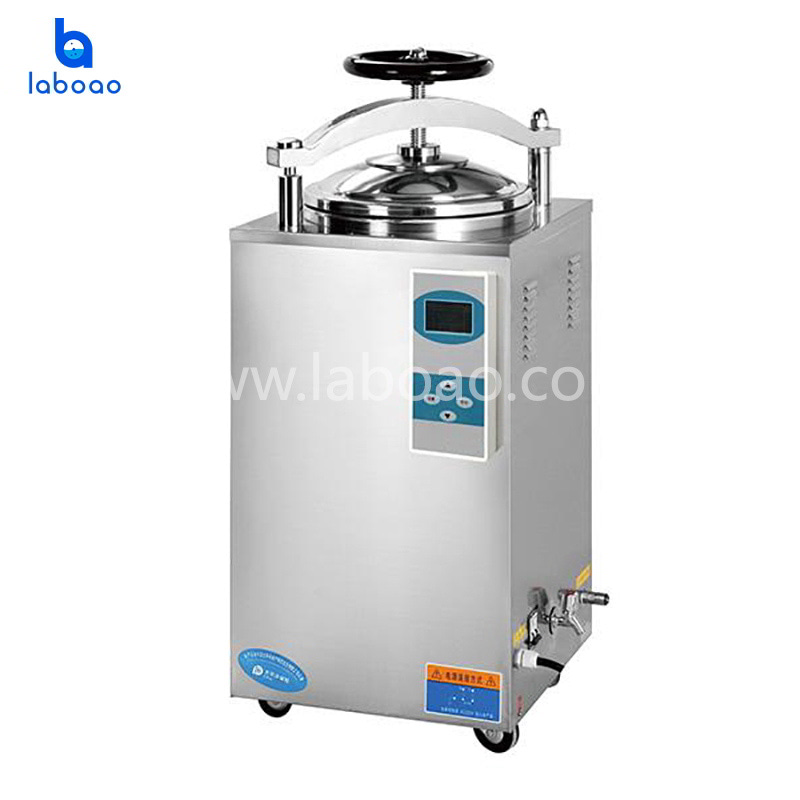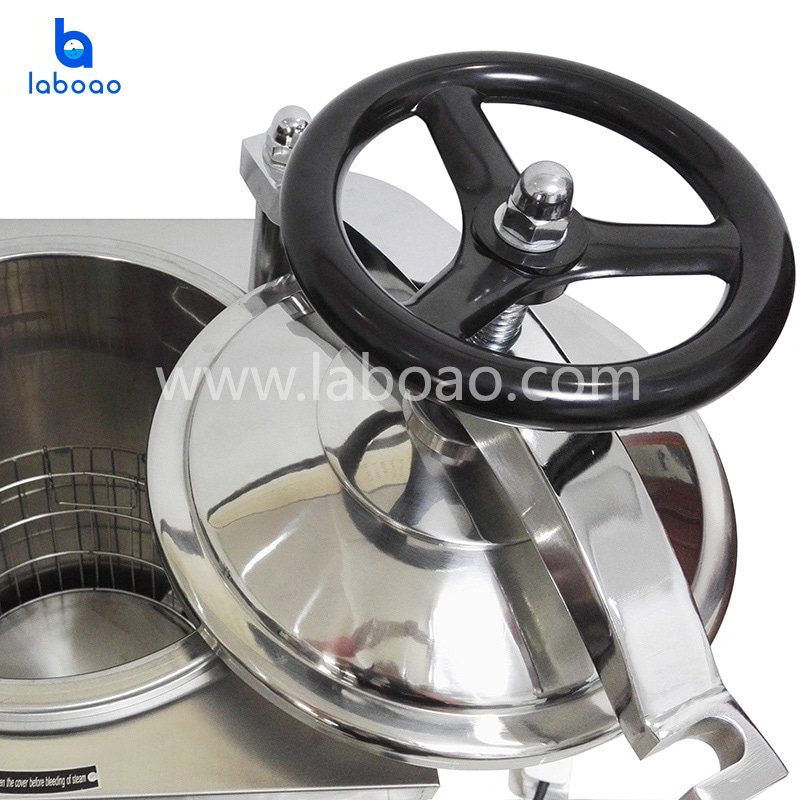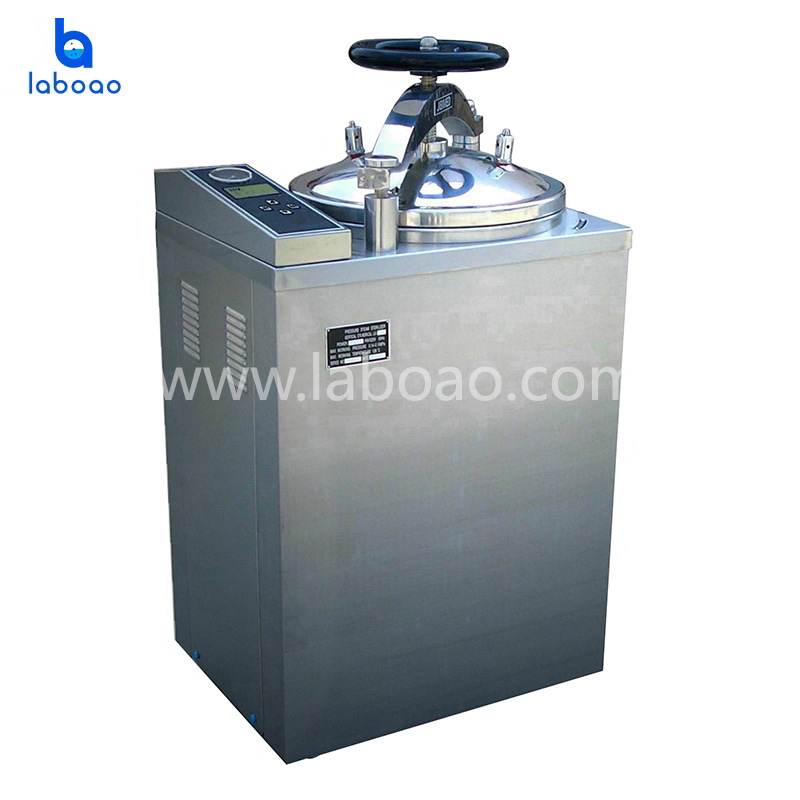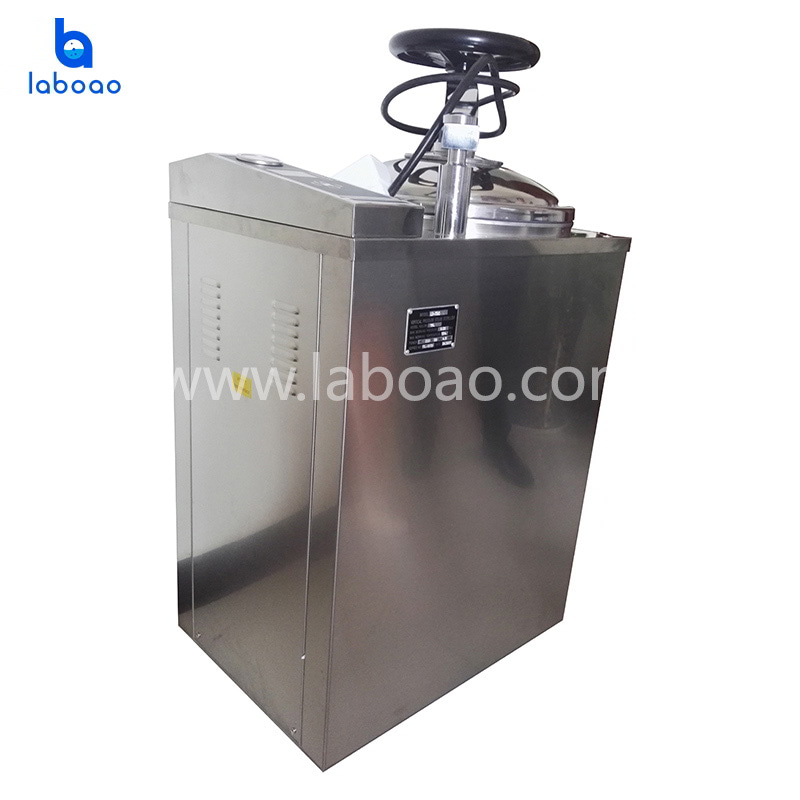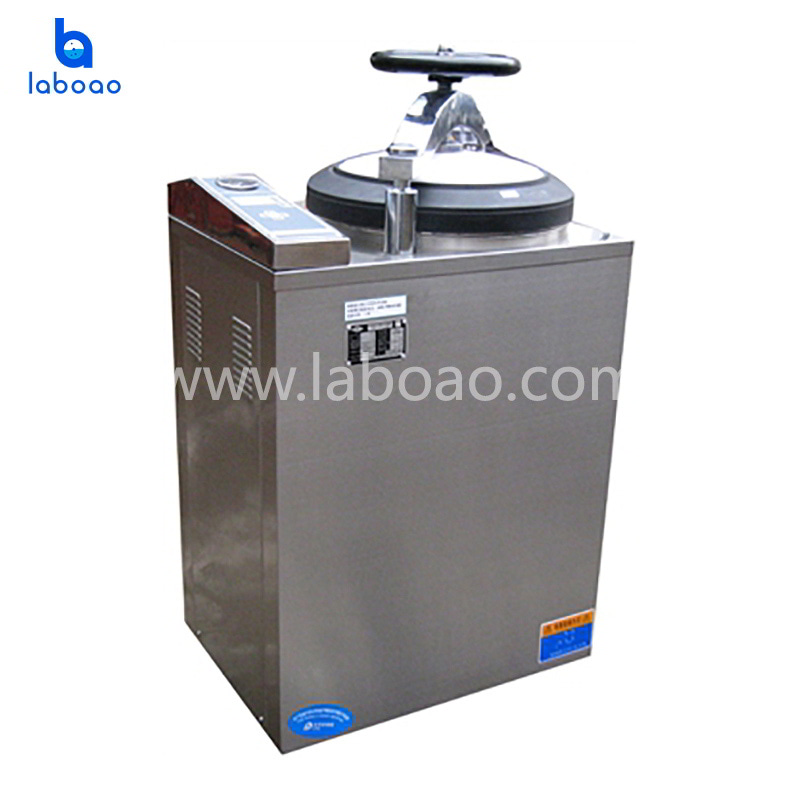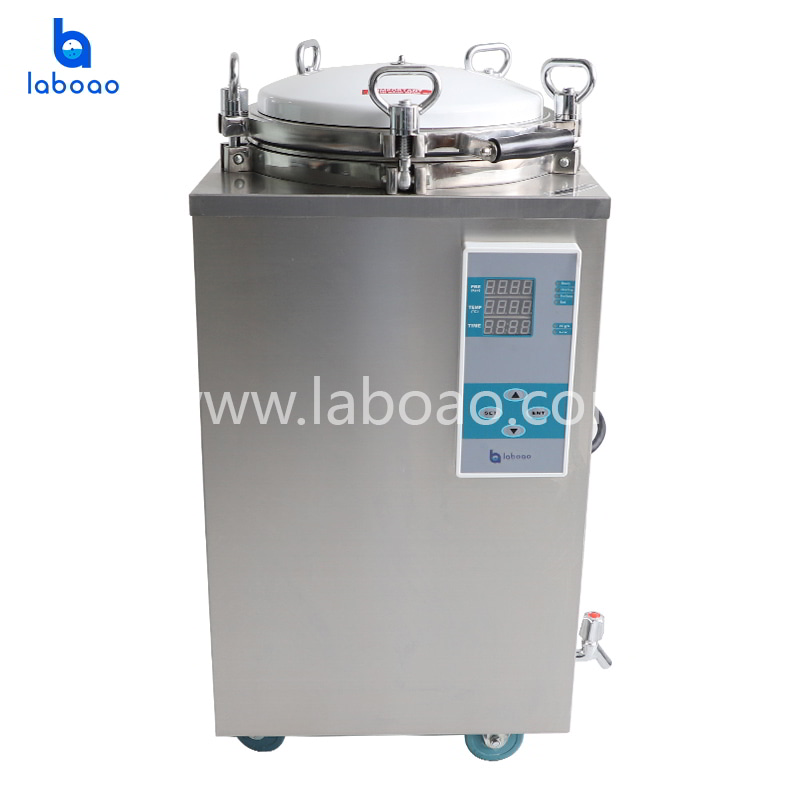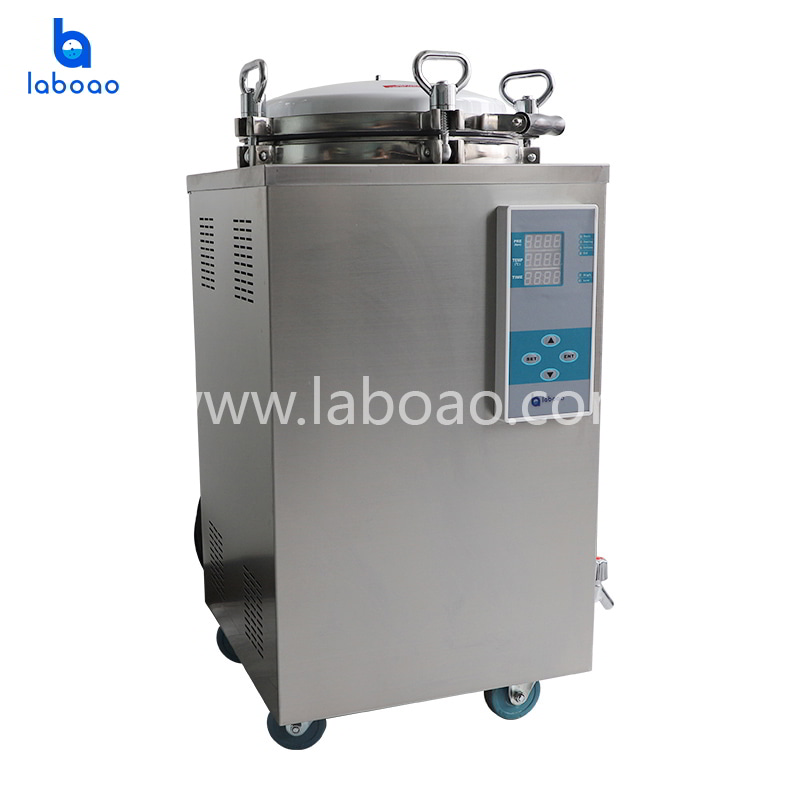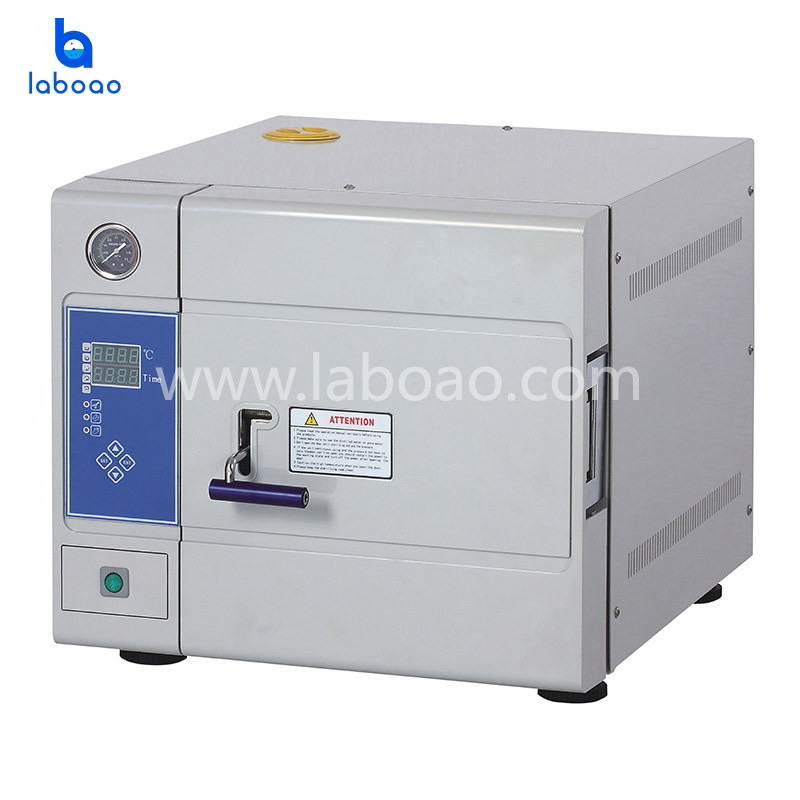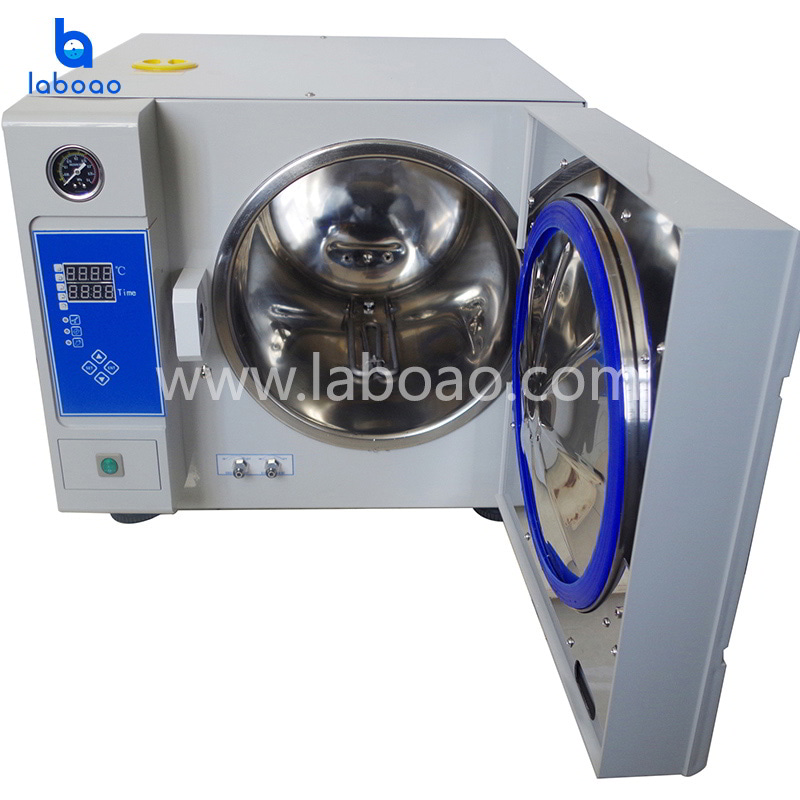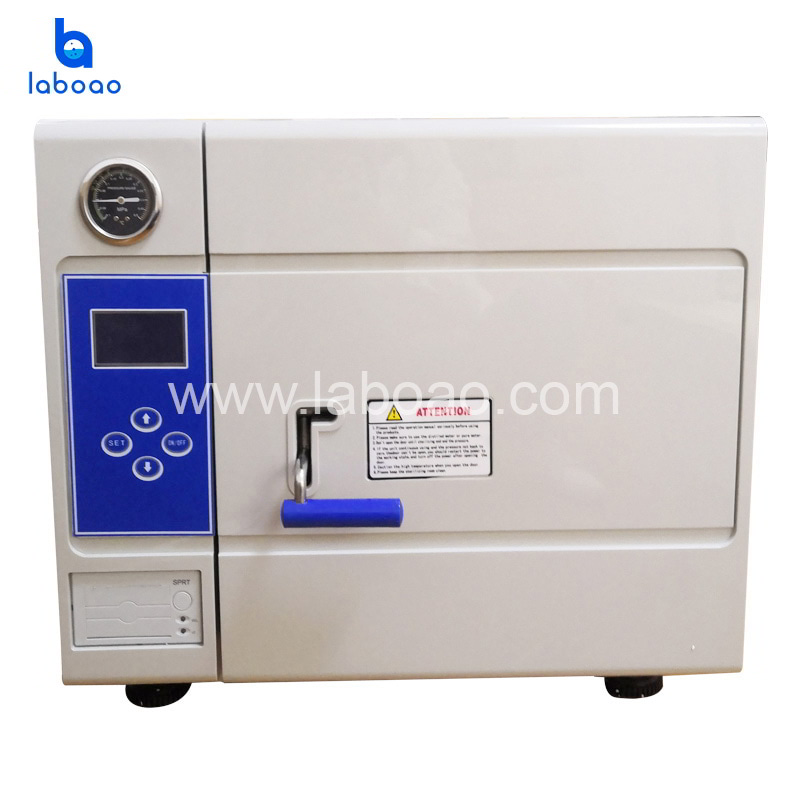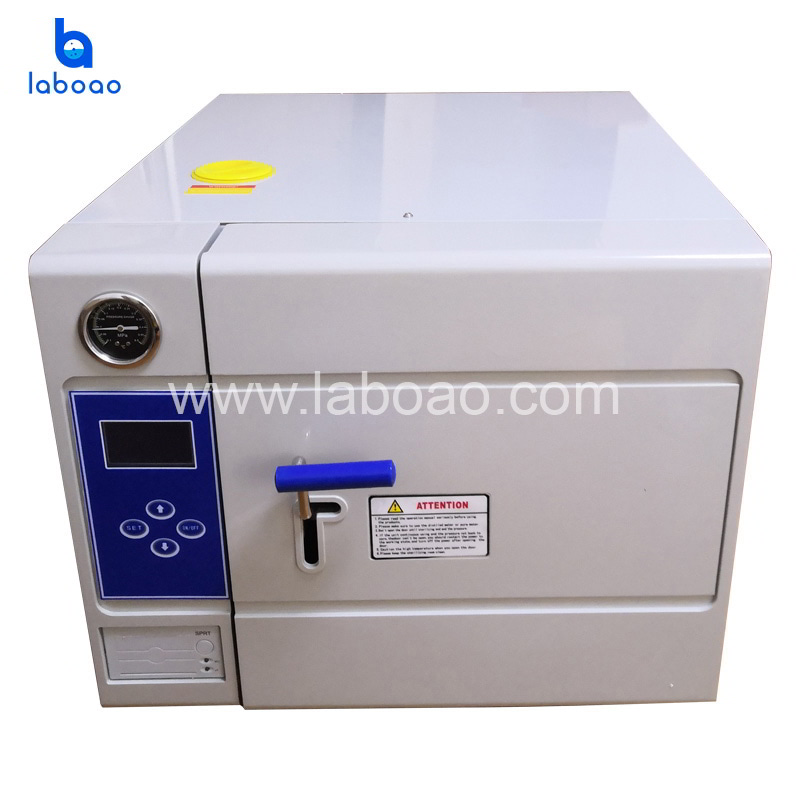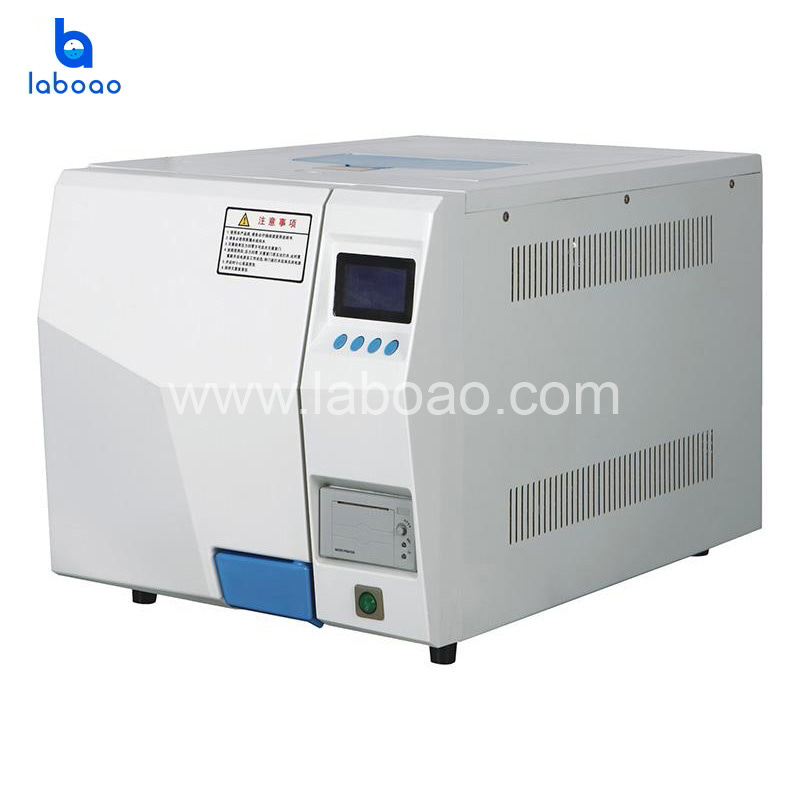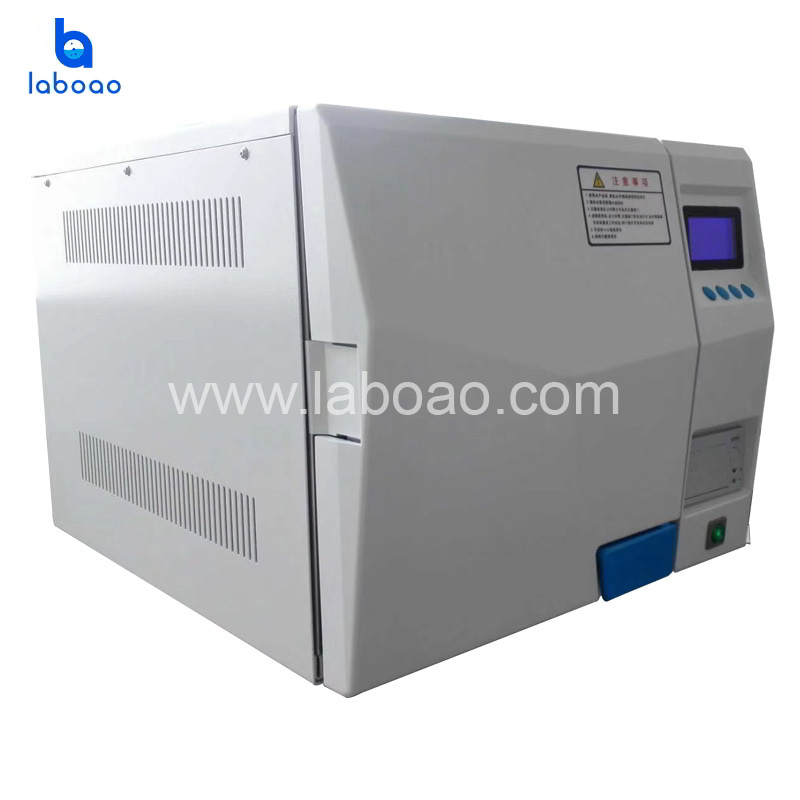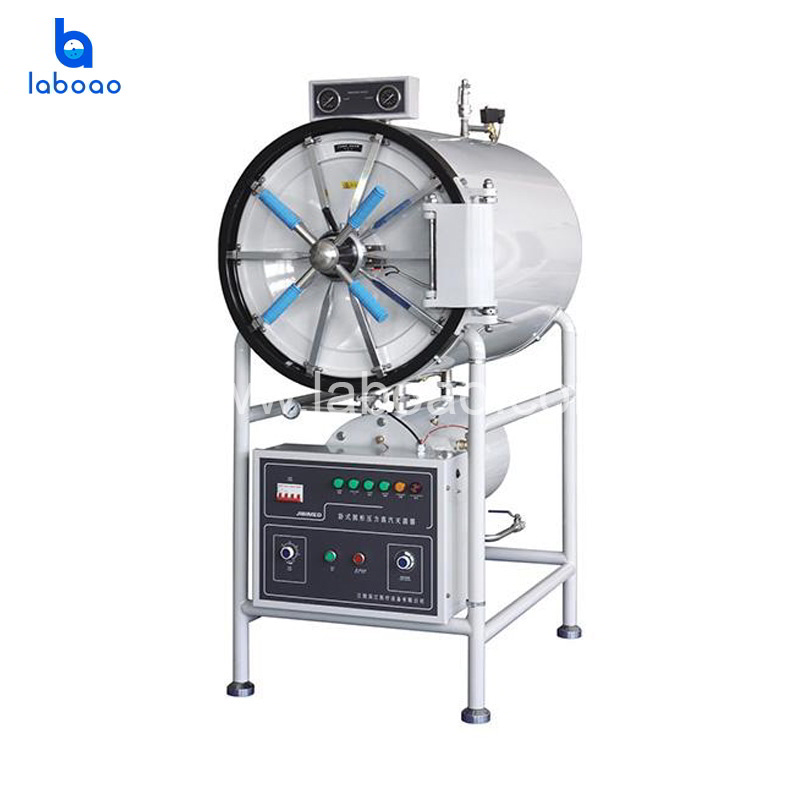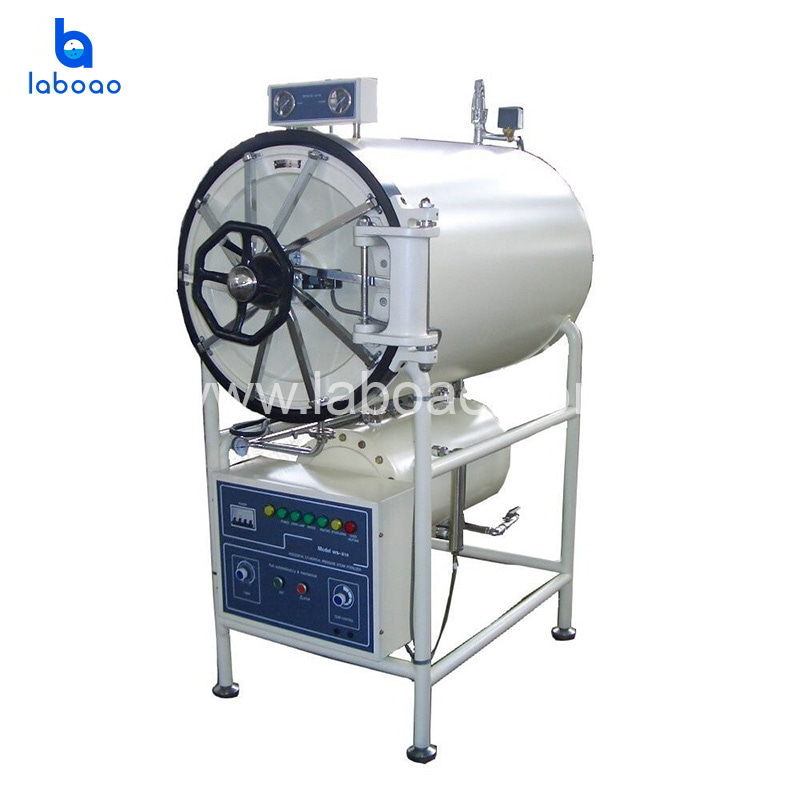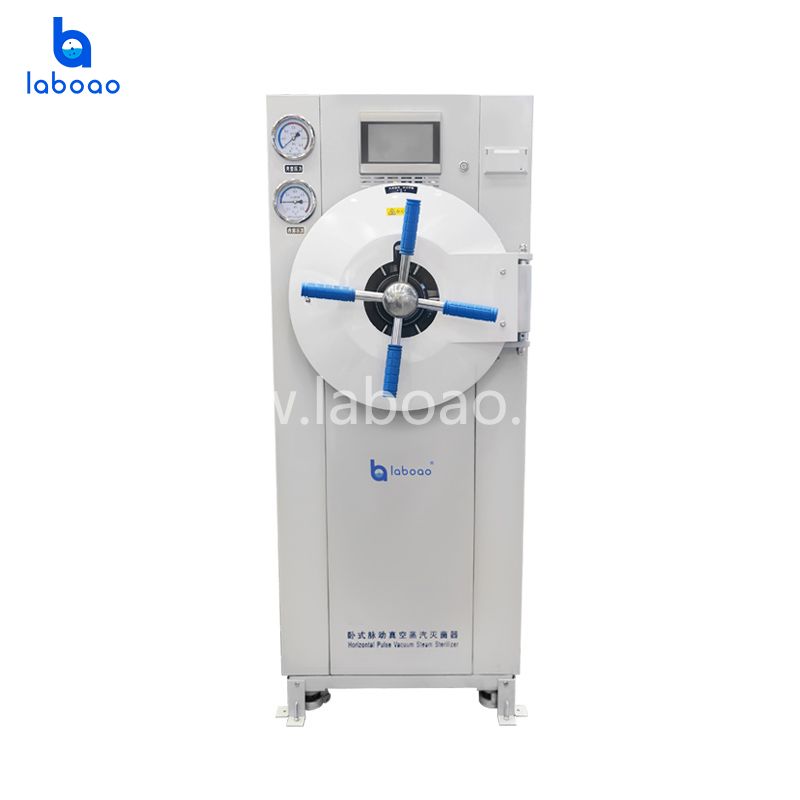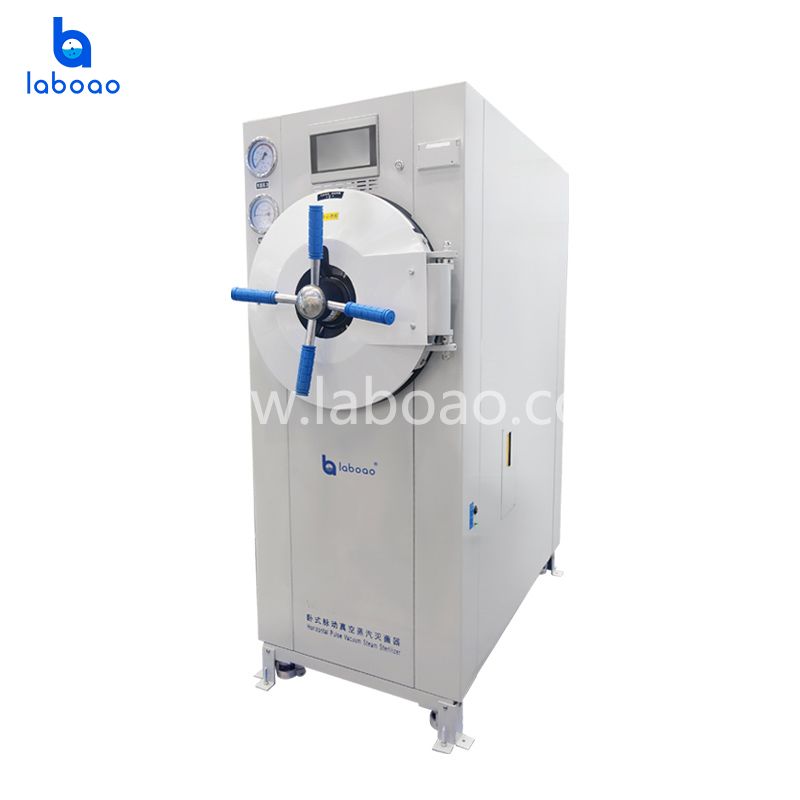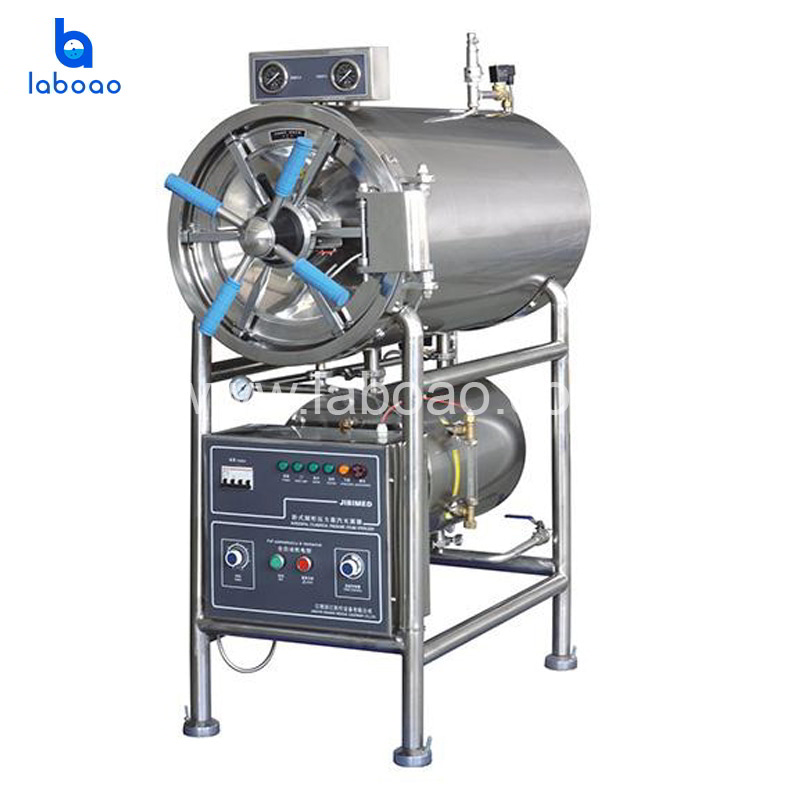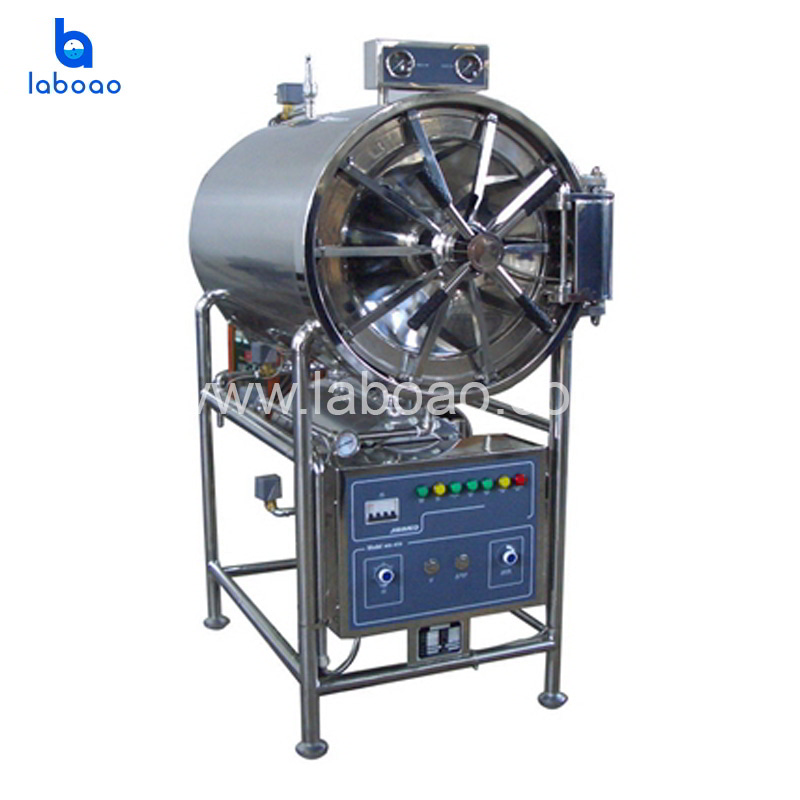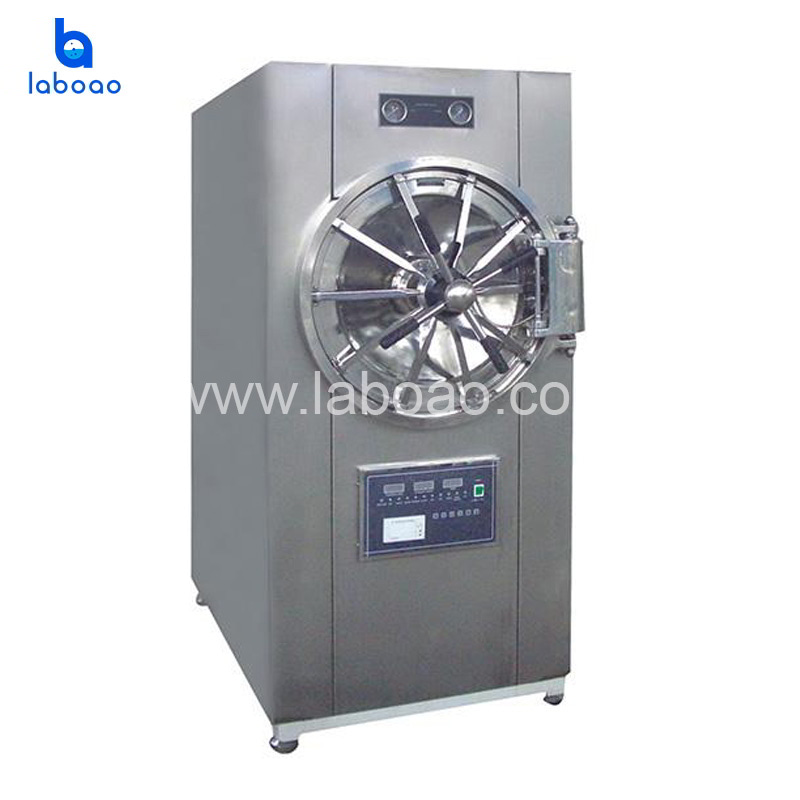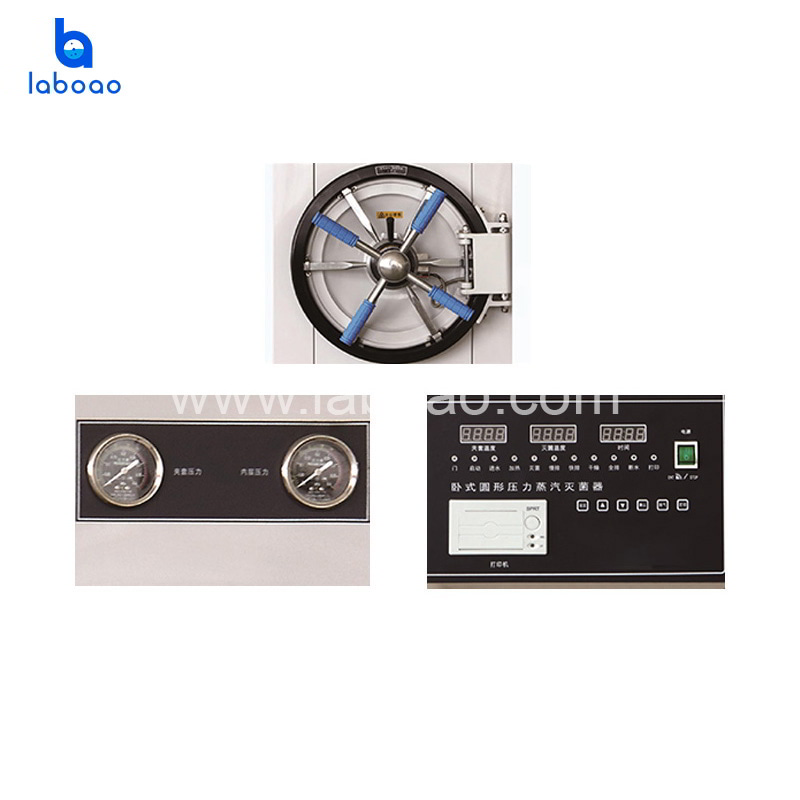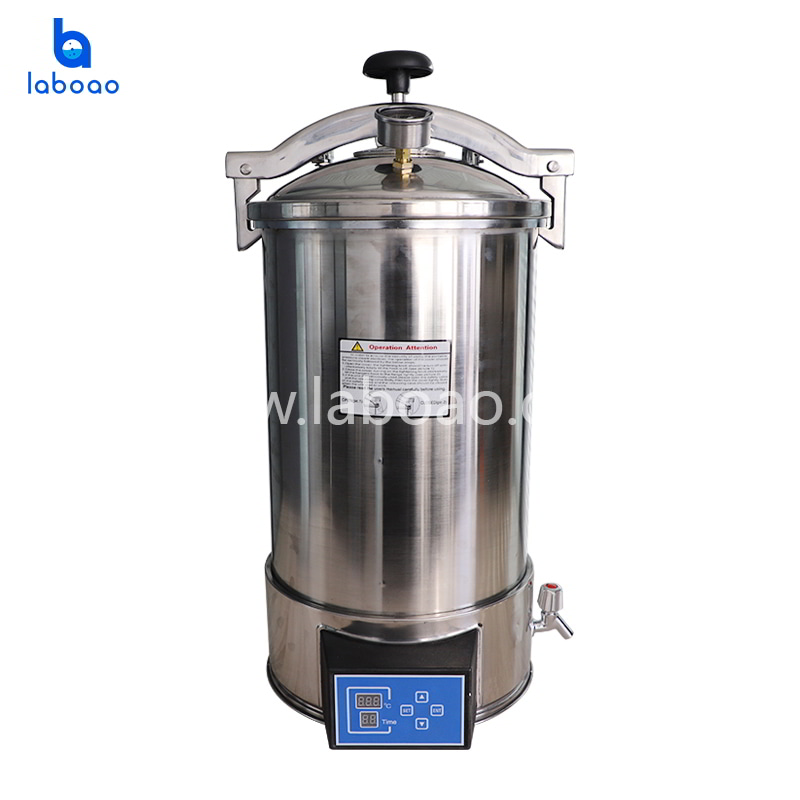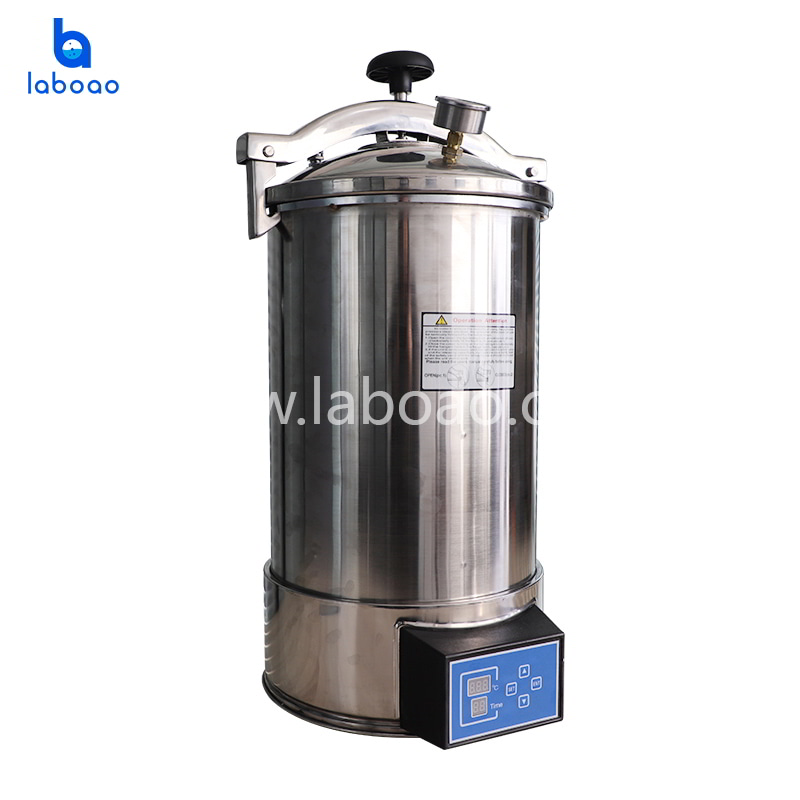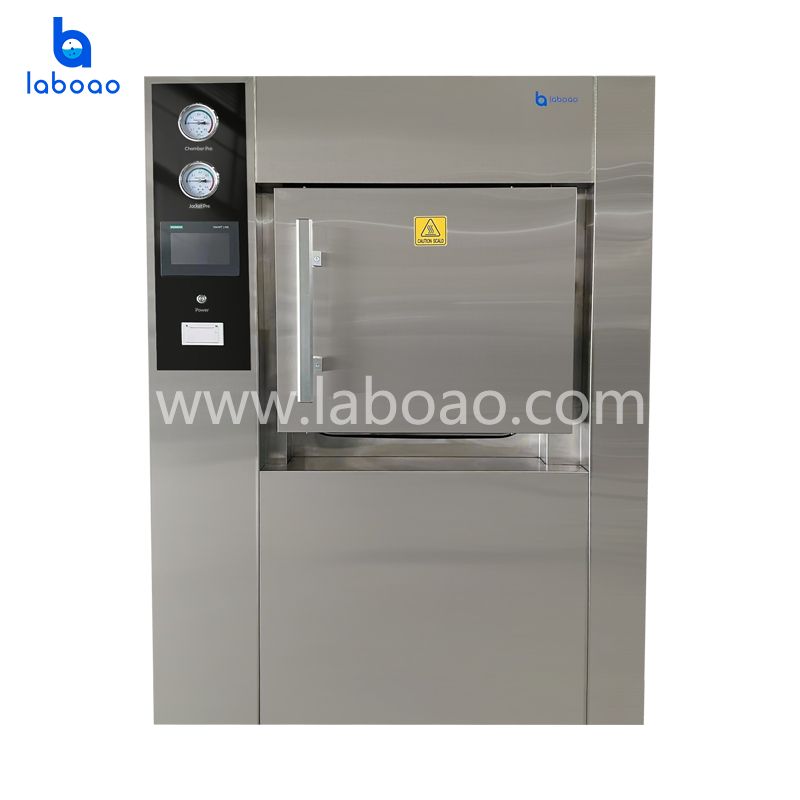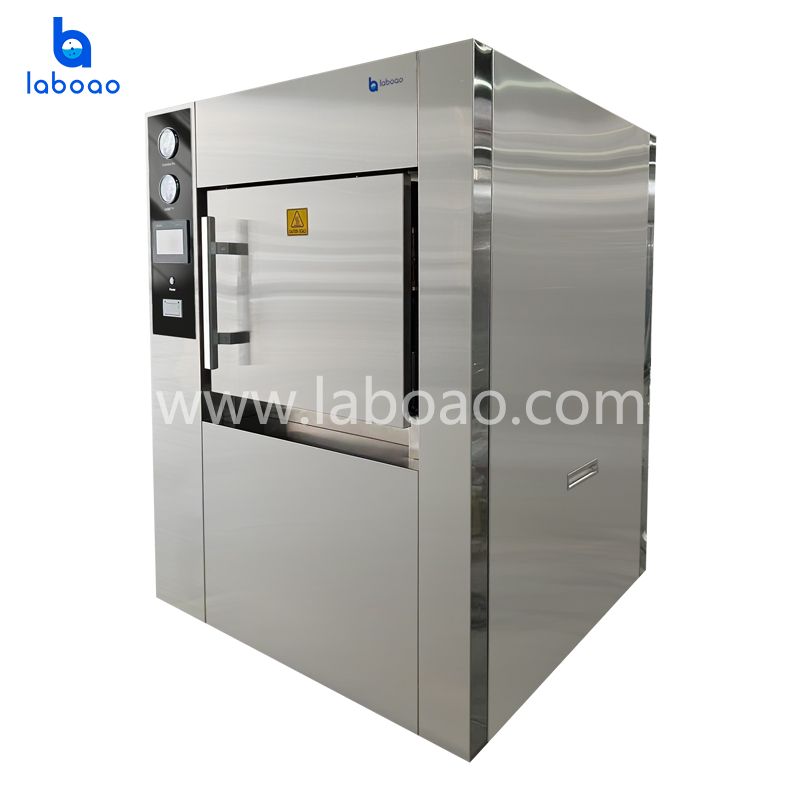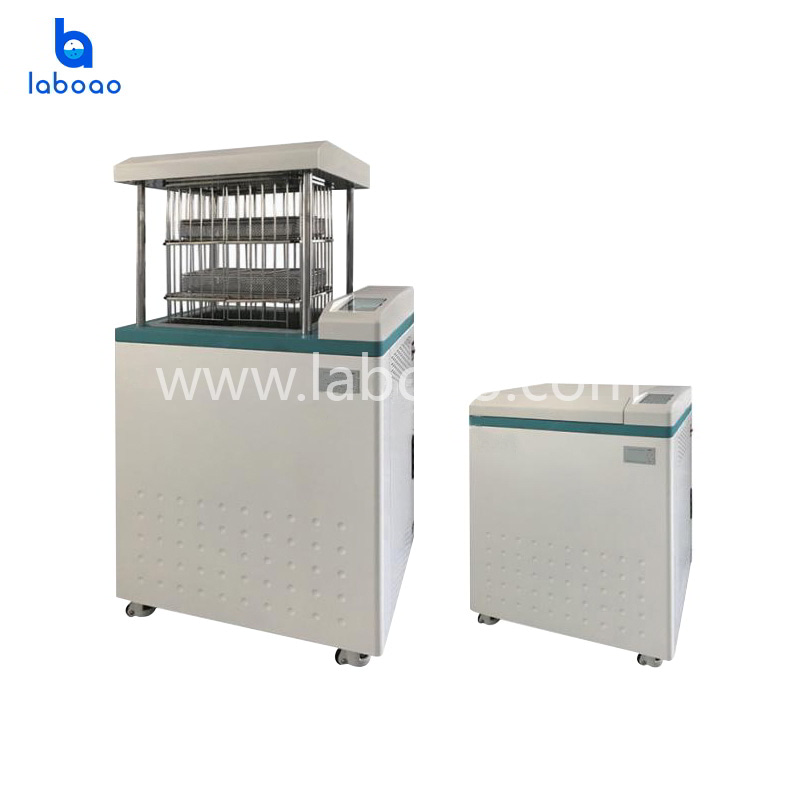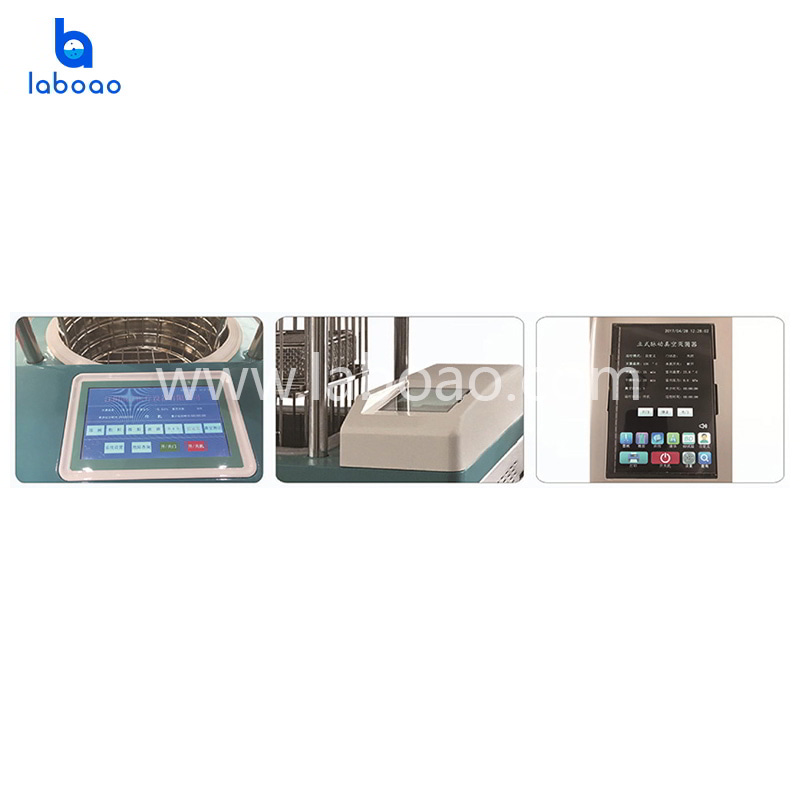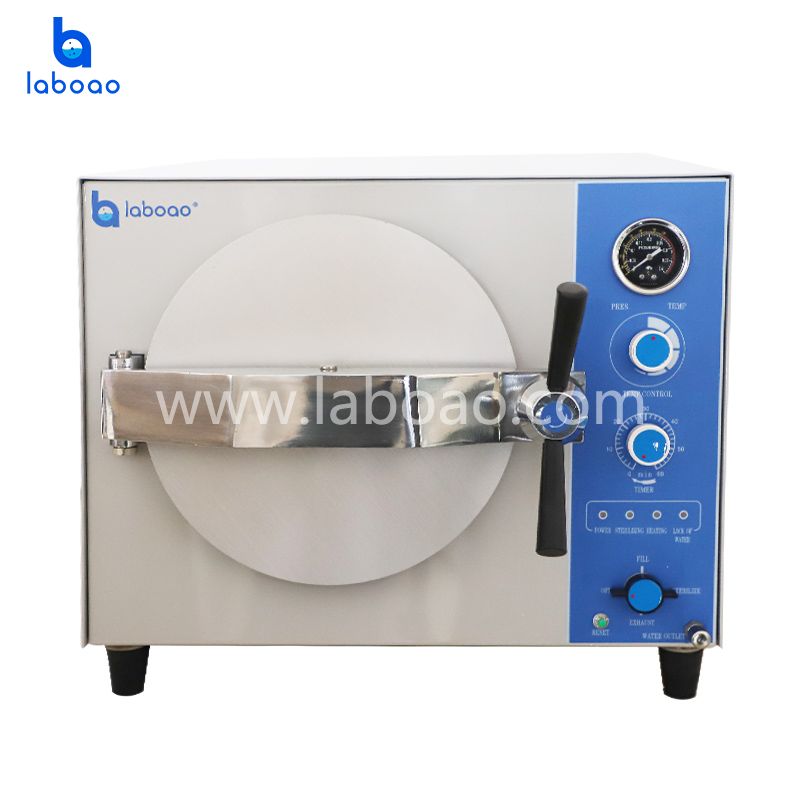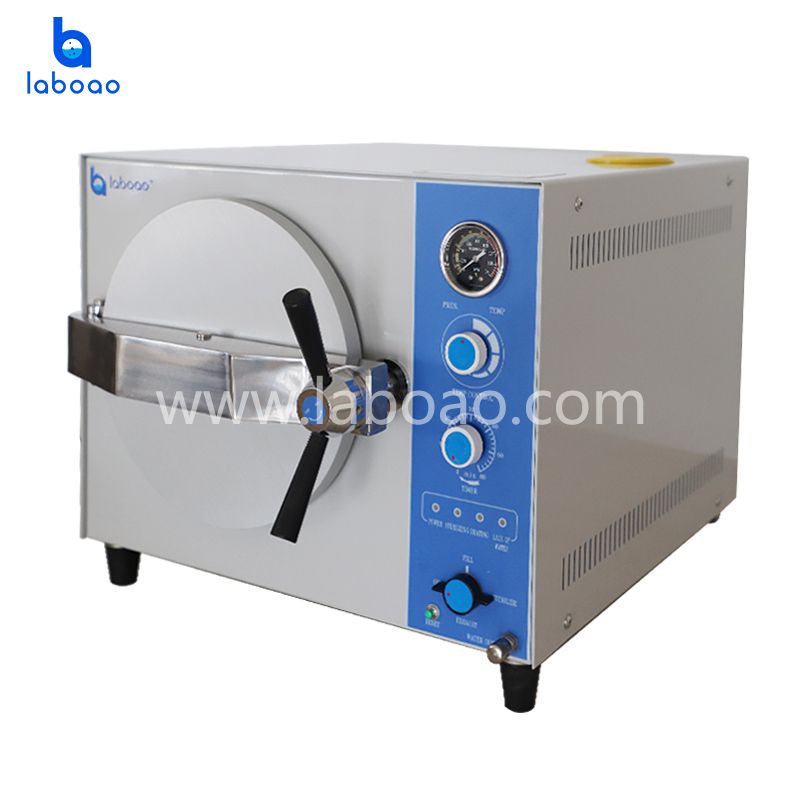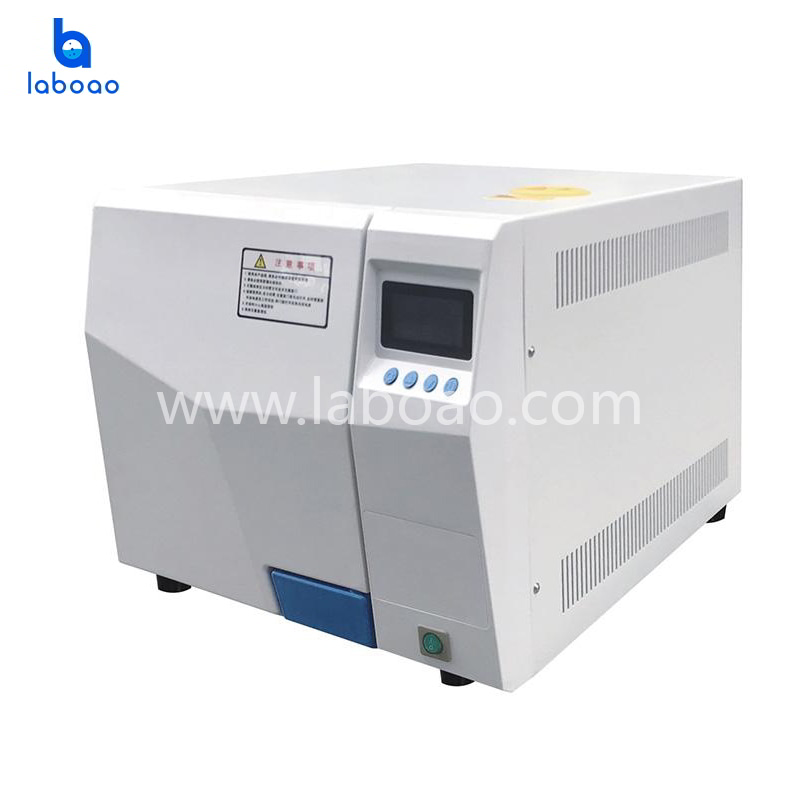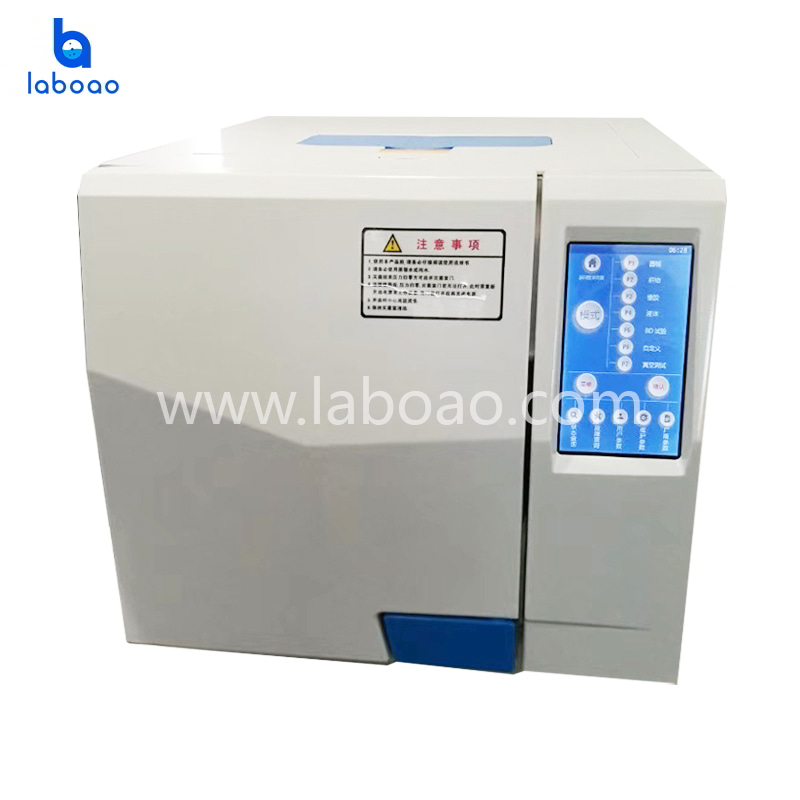Steam Sterilizer
Application
-
 Healthcare FacilitiesHospital Sterilization - Steam sterilizers are used in hospitals and healthcare facilities to sterilize medical equipment, surgical instruments, and supplies, ensuring patient safety and infection control. Laboratory Sterilization - They are employed in research and diagnostic laboratories to sterilize laboratory glassware, media, and other equipment used in microbiology, molecular biology, and other scientific disciplines.
Healthcare FacilitiesHospital Sterilization - Steam sterilizers are used in hospitals and healthcare facilities to sterilize medical equipment, surgical instruments, and supplies, ensuring patient safety and infection control. Laboratory Sterilization - They are employed in research and diagnostic laboratories to sterilize laboratory glassware, media, and other equipment used in microbiology, molecular biology, and other scientific disciplines. -
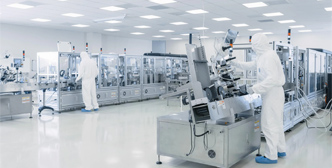 Pharmaceutical BiotechnologySterile Manufacturing - Steam sterilizers play a crucial role in the production of sterile pharmaceutical products, including drugs, vaccines, and medical devices, ensuring product quality and compliance with regulatory standards. Bioreactor Sterilization - They aid in the sterilization of bioreactors and fermenters used in biopharmaceutical production, maintaining aseptic conditions for cell culture and fermentation processes.
Pharmaceutical BiotechnologySterile Manufacturing - Steam sterilizers play a crucial role in the production of sterile pharmaceutical products, including drugs, vaccines, and medical devices, ensuring product quality and compliance with regulatory standards. Bioreactor Sterilization - They aid in the sterilization of bioreactors and fermenters used in biopharmaceutical production, maintaining aseptic conditions for cell culture and fermentation processes. -
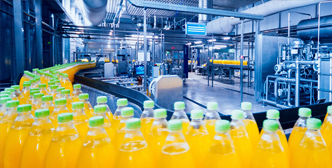 Food Beverage ProcessingCanning and Bottling - Steam sterilizers are used in food processing plants to sterilize cans, bottles, and packaging materials to ensure food safety and extend product shelf life. Sterilization of Heat-Sensitive Products - They enable the sterilization of heat-sensitive food products, such as baby food, ready-to-eat meals, and beverages, without compromising quality or nutritional value.
Food Beverage ProcessingCanning and Bottling - Steam sterilizers are used in food processing plants to sterilize cans, bottles, and packaging materials to ensure food safety and extend product shelf life. Sterilization of Heat-Sensitive Products - They enable the sterilization of heat-sensitive food products, such as baby food, ready-to-eat meals, and beverages, without compromising quality or nutritional value. -
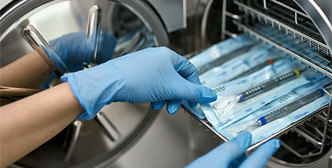 Scientific Research InstitutionsSterilization of Laboratory Waste - Steam sterilizers are employed to sterilize laboratory waste, including contaminated media, cultures, and hazardous materials, before disposal to prevent the spread of pathogens. Animal Facility Sterilization - They aid in the sterilization of animal cages, bedding, and equipment in research facilities and vivariums, maintaining a clean and pathogen-free environment.
Scientific Research InstitutionsSterilization of Laboratory Waste - Steam sterilizers are employed to sterilize laboratory waste, including contaminated media, cultures, and hazardous materials, before disposal to prevent the spread of pathogens. Animal Facility Sterilization - They aid in the sterilization of animal cages, bedding, and equipment in research facilities and vivariums, maintaining a clean and pathogen-free environment.
FAQ
- What is the difference for horizontal autoclave A, B, C, D series?
- A series (stainless steel liner fully automatic motor type). B series (stainless steel liner compartment computerized type with printing function). C series (all stainless steel fully automatic motor type). D series (all stainless steel compartment computerized type with printing function).
- What capacity steam sterilizers are available?
- Portable autoclave has 18L 24L. Benchtop autoclave has 20L, 24L, 35L, 50L. Vertical autoclave has 35L, 50L, 75L, 100L, 120L, 150L. Horizontal autoclave has 150L, 200L, 280L, 400L. Large capacity has 250L, 360L, 600L, 800L, 1200L, 1500L, 2000L, 2500L, 3000L.
- What type of water should be used in an autoclave?
- It is recommended to use distilled or pure water, which can effectively remove impurities in the water, protect the waterway from being blocked and extend the service life of the sterilizer.
- How often should the sterilizer be maintained?
- Autoclave maintenance also depends on the size of the autoclave and the frequency of use. For small or medium-sized sterilizers, perform routine maintenance once a month and complete preventive maintenance once a year. Biennial preventive maintenance is recommended for large sterilizers. The sealing ring needs to be inspected once a year to ensure the sealing performance of the sterilizer.
- Which sterilizer is suitable for beauty salons and dental clinics?
- All instruments used during cosmetic or dental treatment that may come into contact with blood and body fluids must be sterilized, using at least a Class B type or higher sterilizer.
- Which materials cannot be autoclaved?
- Hazardous substances that produce toxic vapors and explosives cannot be sterilized. The following materials cannot be sterilized: Household glassware, Materials containing solvents or volatile, corrosive or flammable chemicals, Materials containing bleach, Phenol and triazole, Polyethylene (PE), polystyrene (PS) and high-density polyethylene (HDPE) plastics, Materials contaminated with cytotoxic or chemotherapeutic agents Nylon, acrylic and PVC.
GET $50 OFF!
